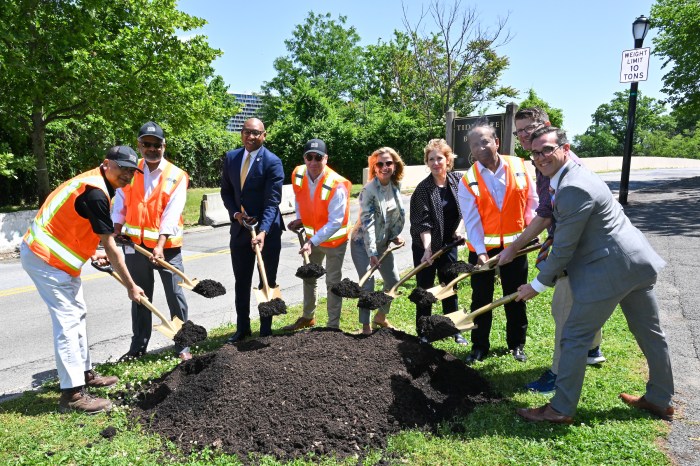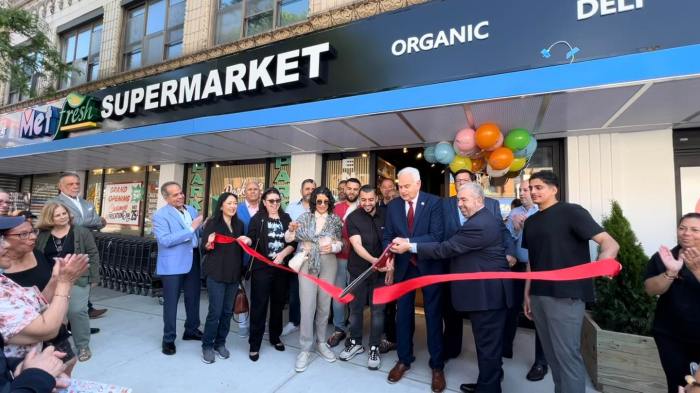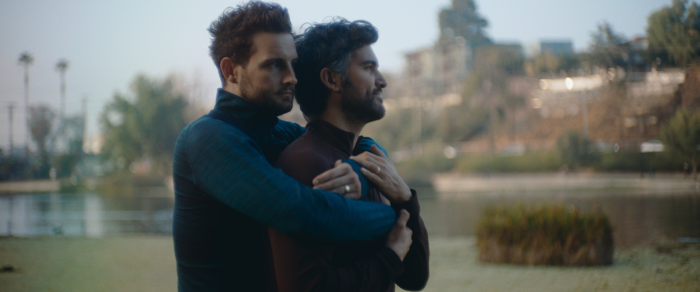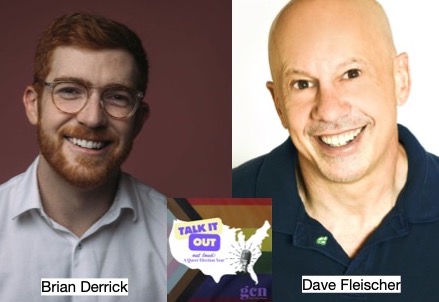Science is proving there is truth in the adage, “you’re only as old as you think you are” - or stated more accurately, science is showing the relationship between a positive attitude and lasting health.
Recent studies have examined why some seniors remain hale and hearty throughout their lifespan while others seem to weaken and slow down prematurely. Evidence that older people, bombarded with messages that they are slow, weak and forgetful, actually behave that way, confirms something I have believed for a long time. One of the worst effects of ageism is to make older people buy into the negative images of themselves as “over the hill” or “losing it,” and act accordingly.
Buying into the stereotypes and negative connotations of being “old” may not be solely responsible for frailty, which involves eyesight loss, loss of muscle mass and strength and that seems to affect some people as early as their seventies.
Nevertheless, identifying with the stereotypes “may help push otherwise healthy people who have no clear disease symptoms along the path,” the studies revealed. Another key determinant of frailty may be undetected cardiovascular problems that impede the flow of blood, even with no overt signs of disease.
Studying the ability of apparently healthy seniors walking a quarter of a mile in five minutes, the study investigators found that the inability to walk the required distance within the timeframe indicated serious risks ahead.
They are now raising the possibility that training people to walk faster and improve their endurance and balance can help prevent or delay the “frailty syndrome.”
The point of the studies is that body and mind both appear to play a role in determining why some people age “well” - they stay relatively healthy with few or no disabilities - and some do not.
I saw what the interplay of body and mind could accomplish at the Department’s Senior Stroll along the boardwalk at KeySpan Park in Brooklyn (home of the Brooklyn Cyclones).
Approximately 2,000 seniors came out to join in a one-mile walk and to participate in music and dancing. Some came in wheelchairs, others with walkers but all were celebrating their determination to take charge of their own health.
In addition, the Department invited 91-year-old marathoner, Ida Keeling, from Harlem to be a special guest. She told the crowd to keep active and not dwell on problems, but to move forward through life.
Between Ida and the crowd, you could feel the vibrancy in the air, and it was terrific. Likewise, the Senior Olympics on Staten Island created a similar experience. Athletes from fifty to more than ninety years of age tested their mettle in sprinting contests and swimming, among other events, proving the Senior Olympics theme that “when you use it, you don’t lose it.”
Walking and exercise in general seems key to continued vigor. The Department now sponsors 140 Walking Clubs throughout the city, whose members set goals for their own clubs.
In addition, I urge you: Do not buy those ageist greeting cards. Do not accept a doctor’s dismissal of symptoms you report as “just age” without a thorough examination. Do not use or accept terms that describe your age pejoratively.
Edwin Méndez-Santiago is Commissioner of the city’s Department for the Aging


































